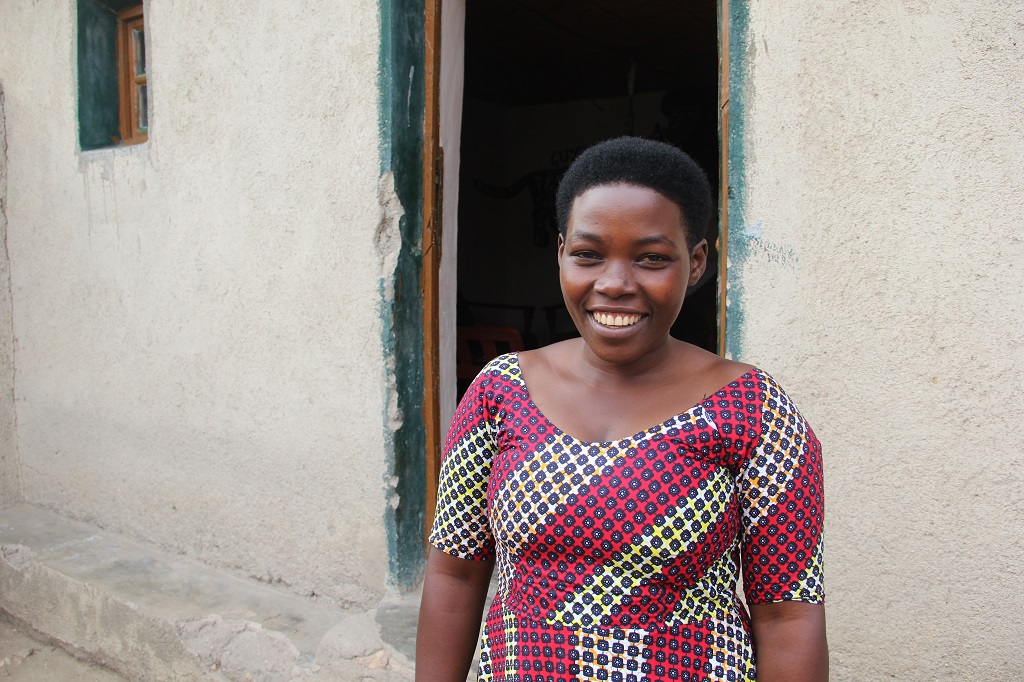This post originally appeared on USAID’s Medium webpage.
I went to Ruhengeri in pursuit of stories. A busy city in northern Rwanda, Ruhengeri’s hospital is base camp for a campaign to seek and treat women suffering from obstetric fistula. Women who have undergone prolonged or obstructed labor can develop this condition, which is essentially a tear in the birth canal. If left unrepaired, the tear can lead to leaking urine and feces.
While at the hospital, I met eight women waiting for surgery to correct obstetric fistulas. They shared stories of how the condition had affected their lives, living in communities that often shunned them, and spoke of loss of children, disability, shame and strained family finances.

This was my introduction to fistula, but it was a long conversation with Claudine in her home, told over sodas and surrounded by her family, that truly opened my eyes to just how large a toll fistula could take.
The Worst Days
Two years ago, Claudine Mukabatsinda, 33, was pregnant with her second child. After two days of difficult labor at a local health center and a transfer to the district health center, she lost her baby. The baby had to be removed surgically, and while Claudine was still recovering at the hospital, the baby was buried hastily. After the operation, Claudine began leaking feces and urine.
Although not fully healed, she left the hospital a week later. At home, Claudine continued to experience incontinence and the smell that came with it. She was also weakened by the condition and had trouble walking. Overwhelmed and in pain, her mother became her main support.
“As a result of this condition, I left my husband and went back to live with my mother,” Claudine said. “I lost [my job] because I couldn’t work, and my mum couldn’t work, too, because she had to stay at home to help and assist me.”
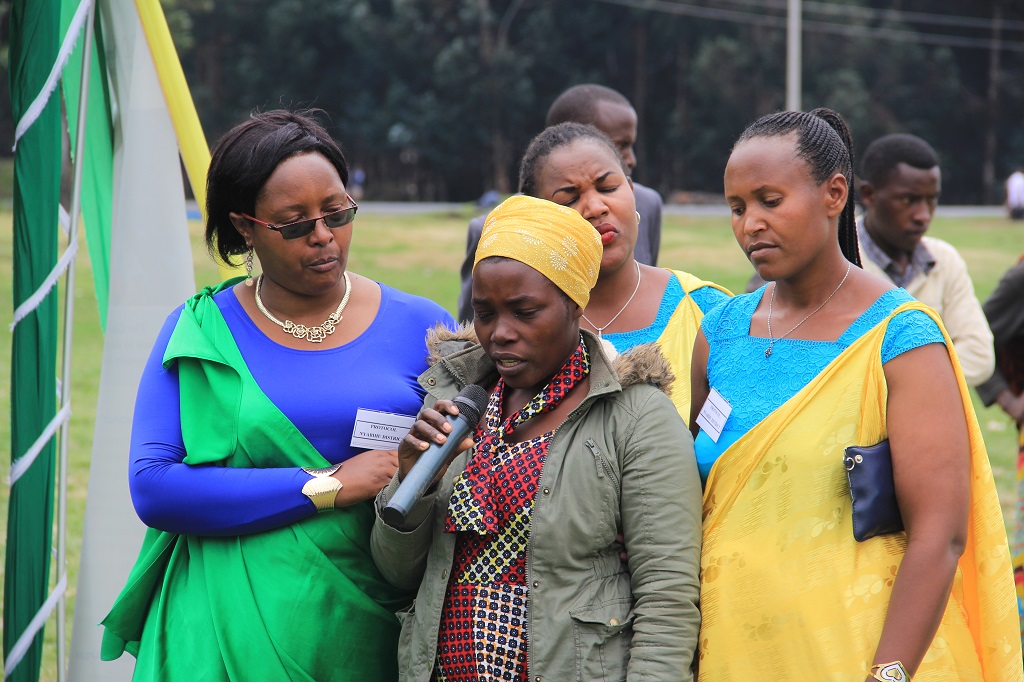
Her mother, Uwimana Laurence, described this time in stark simplicity: “Those were the worst days of our lives. It was really difficult for us. Claudine lost a lot of weight, and I had to carry her everywhere like a baby because she couldn’t stand or walk.”
With two family members out of work, money was tight. And even though Claudine strived to keep herself clean despite her injury, some shunned her socially. Eventually, she even stopped one of her favorite activities: singing in her church choir. Claudine’s childbirth injury had changed her life and her family’s life — quickly and radically.
An Untreated Treatable Tragedy
The World Health Organization (WHO) reports that up to 100,000 women develop obstetric fistula annually, mostly in sub-Saharan Africa and Asia. Countries whose populations are most affected by fistula are often ones where “a woman’s status and self-esteem may depend almost entirely on her marriage and ability to bear children.”
For most, the solution to this life-altering injury is a relatively simple surgery to repair the hole in the rectum or bladder. However, not everyone knows about this surgery — outreach is key to linking those needing treatment with services.
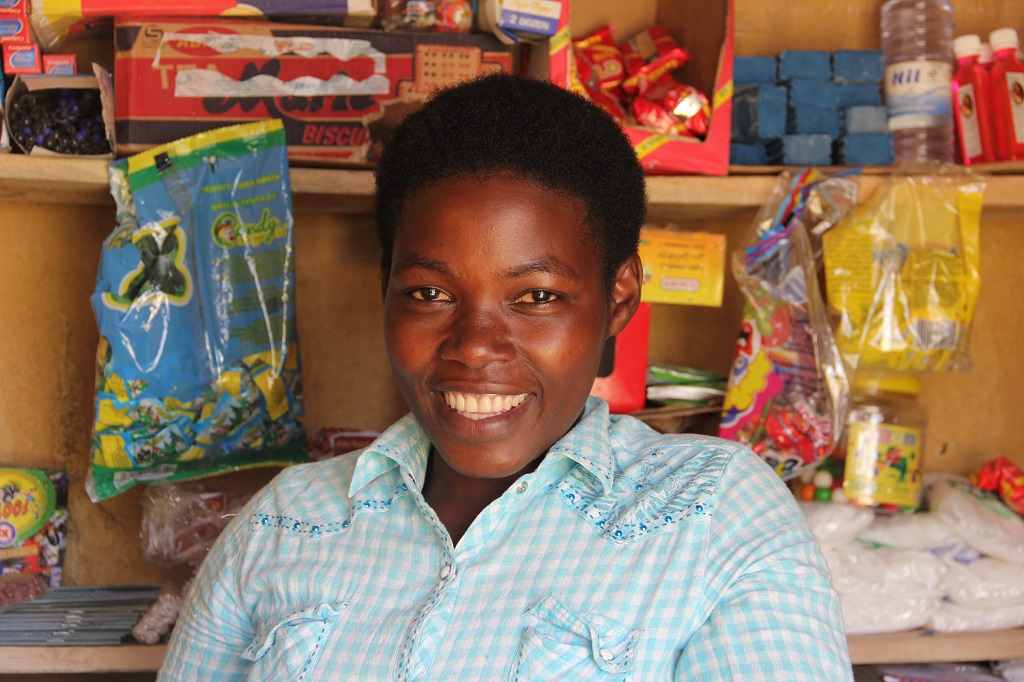
“My Life Has Been Beautiful”
A critical turning point for Claudine came when a nearby community health worker informed her family of an upcoming fistula screening at Ruhengeri Hospital. The screening was sponsored by USAID’s flagship Maternal and Child Survival Program, which is working in Rwanda to improve maternal child health to support the country’ Ministry of Health.
Claudine and her mother took a chance and traveled to the screening. Claudine shared her mixed emotions, noting, “I had so much hope to heal, but at the same time I had fear that they may find my case more complex.”
Claudine was screened, deemed a successful candidate, and scheduled for surgery. After 21 days in the hospital, Claudine was no longer leaking urine. The injury that had plagued her for over two years was finally repaired. Her walking slowly improved. She could now move about with minimal assistance and, in time, she fully recovered from her temporary disability.
Claudine’s next words said it all: “Since then, my life has been beautiful. I got my life back.”
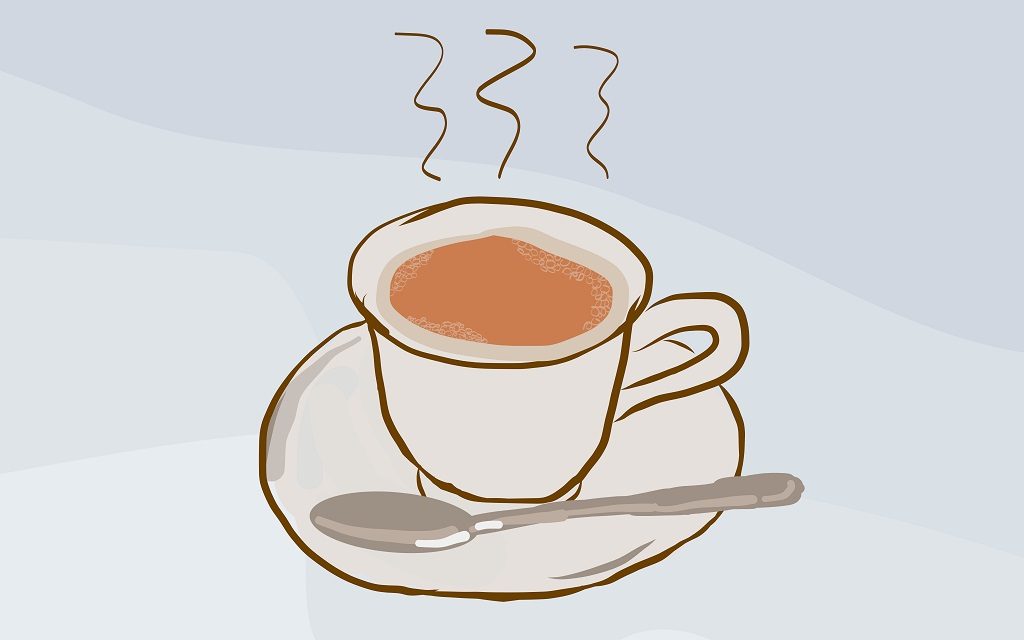
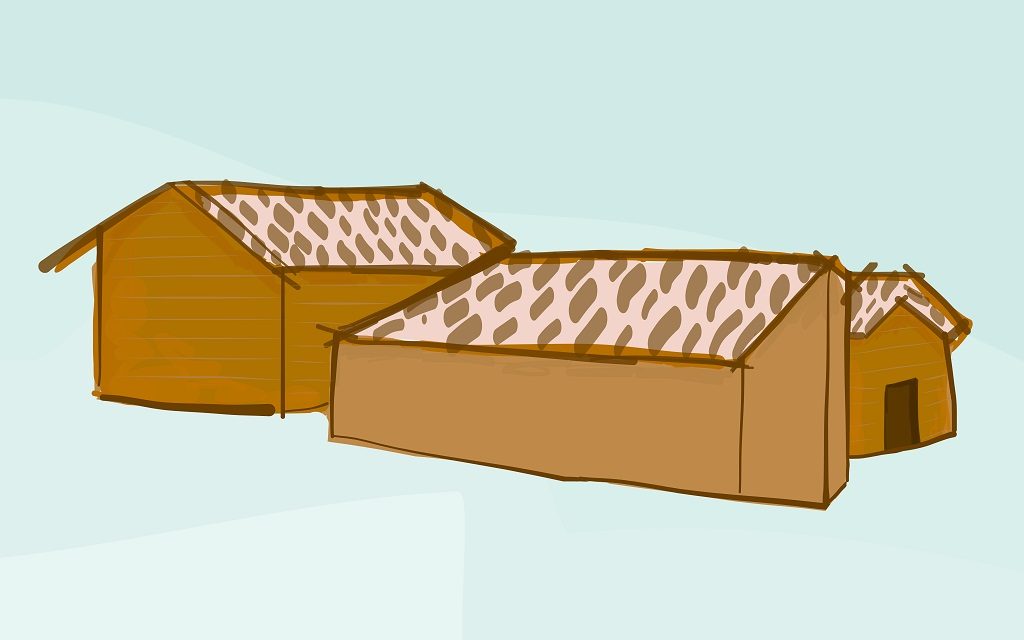
Tea for the Community
Life after fistula has opened up new opportunities for Claudine, such as selling tea to her community at a small goods shop. “Now I have started my business. I have a tea shop and everything is going very well,” she said.
Instead of buying extra soap and personal hygiene products, Claudine now puts her business earnings toward other purposes. She is a member of her church choir again, allowing her to be with her community and express her joy and gratitude through song.
Claudine is also using her story to better other people’s lives. She has become an advocate for improving maternal health in her community and beyond. Last fall, she shared her experience in front of more than 1,000 people at a fistula awareness campaign event in Nyabihu sponsored by Rwanda’s Ministry of Health and USAID.
Life is beautiful. Claudine reminded me of that. But there are more Claudines still living with untreated obstetric fistula. Too many women are either unaware of related treatments or unable to access them. I encourage you to learn more about fistula, become an advocate, and keep women like Claudine in mind.
